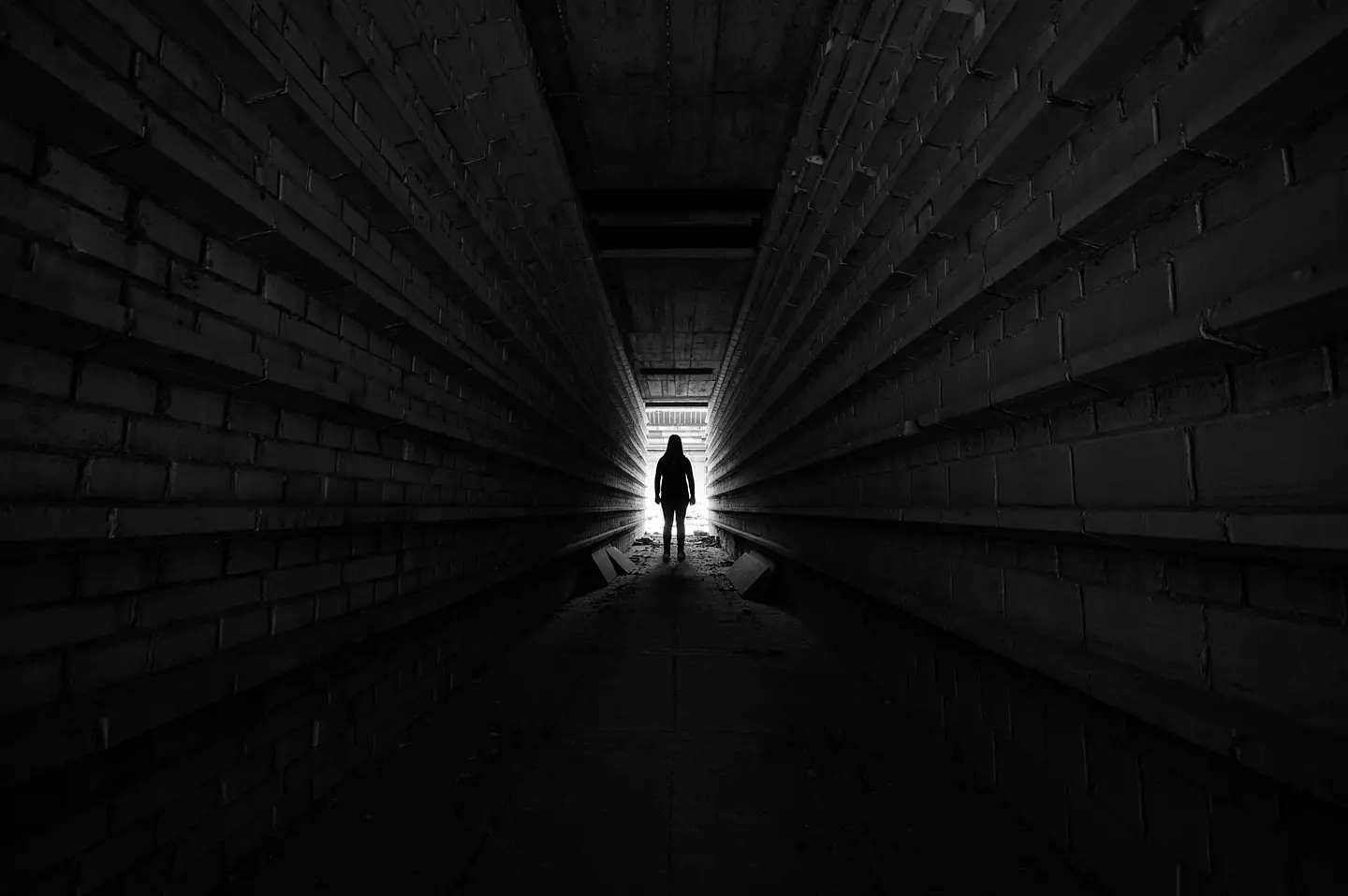A woman has shared her experience of going into sudden cardiac arrest (SCA) and being declared clinically dead for 24 minutes.
In a case of extraordinary survival, Lauren Canaday from Virginia experienced a ‘second chance’ at life in 2023. She endured a tonic-clonic seizure, known as a grand mal seizure, that caused severe muscle contractions and halted her breathing.
“My husband was across the hall and heard me say, ‘Oh s***,'” Canaday recounted to Newsweek following her near-death experience (NDE). “He rushed in to find me unconscious on the floor. I had stopped breathing and turned blue.”
Canaday had been managing her epilepsy with medication for several years. Her husband’s quick action, providing CPR and calling 911, enabled her to receive oxygen during the cardiac arrest.

The CPR helped her until emergency medical technicians arrived four minutes later.
Upon arrival at the hospital, Canaday tested positive for Covid-19 and was diagnosed with myocarditis, which inflames the heart muscle and reduces its pumping efficiency. Her medical team suggested that Covid-19 might have triggered her cardiac arrest.
On Reddit, Canaday discussed her recovery from a NDE, revealing the often-overlooked challenges following such a significant event.
“After 9 days in the ICU, I was declared ‘cognitively intact’ and have no visible brain damage on MRIs. I also have a normal EEG despite a history of seizures and status epilepticus for over 30 minutes right after resuscitation,” she shared during an ‘Ask Me Anything’ session.

When discussing her ordeal, Canaday revealed the difficult reality of coping on her own after being discharged from the hospital.
“I think people assume that when something so drastic happens there’s like a social safety net for you, like you get special assistance. WRONG. I was just sent home while still in searing pain from ICD surgery and on 10 meds that dropped my blood pressure so low I had to go back to the ER,” she stated.
“My husband and I were left to fend for ourselves. No social worker appeared to tell me how to apply for disability (and in the US this is hard to get for cardiac arrest, so hard I didn’t even try despite being unable to work right now) and doctors only have 10 minutes with you at a time so I answered most of my own questions/needs by finding support from other survivors. Which isn’t easy to do b/c there aren’t many of us.”
Canaday opened up about the emotional impact of the incident as well.
She mentioned: “I feel like my first life ended in February and I woke up to my second life. People think I’m better b/c I can walk and even hike again (slowly) and they might not know I have the defibrillator in my body or whatnot.
“But when people tell me I look well/better, it’s eerie for me b/c I don’t feel like the same person and I’m always aware of the experience.”
Canaday added: “Sometimes it felt like the world preferred I hadn’t come back [because] it definitely was not prepared to take care of me. I will do what I can in my small way to prevent others feeling like that, not sure what else to do.”
She noted that she ‘still has heart failure and emotional/mental issues since the cardiac arrest’ and acknowledged that she’s ‘generally worse off than before being clinically dead’.
Instances like Canaday’s are exceedingly rare. The British Heart Foundation reported last year that only around eight percent of patients who suffered an out-of-hospital cardiac arrest in 2022 were still alive 30 days after the event.

